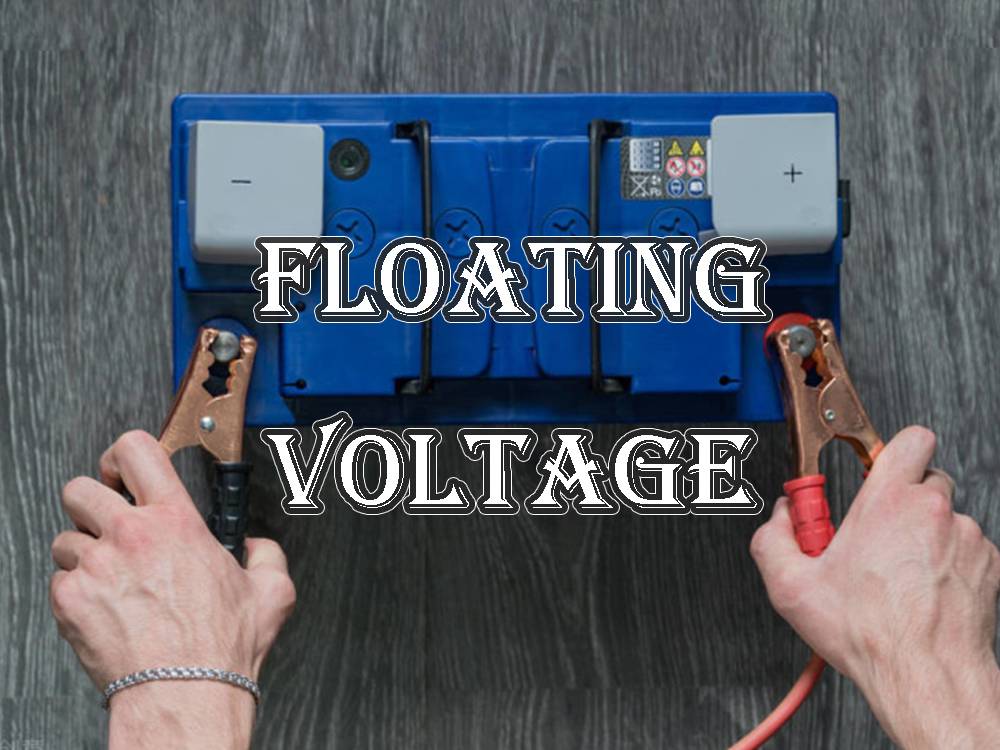Float charging, also known as maintenance charging or trickle charging, is a method used to keep lead-acid batteries fully charged by applying a continuous, low-level voltage after the battery has reached its full charge. This method is particularly important for applications where batteries are kept on standby and need to be ready for immediate use. Here are some key applications and benefits of float charging for lead-acid batteries.
Applications of Float Charging
- Uninterruptible Power Supplies (UPS)
- Function: UPS systems provide backup power in case of a mains power failure.
- Need for Float Charging: Keeps the batteries fully charged and ready to supply power instantly when needed, ensuring the reliability of the backup system.
- Telecommunication Systems
- Function: Telecommunication equipment requires a continuous power supply for uninterrupted service.
- Need for Float Charging: Ensures that backup batteries are always charged and ready to take over in case of a power outage, maintaining communication services without interruption.
- Emergency Lighting Systems
- Function: Emergency lights provide illumination during power failures for safety and evacuation.
- Need for Float Charging: Maintains the charge of the batteries so that emergency lights can function immediately when the power goes out.
- Alarm and Security Systems
- Function: Security systems rely on continuous power to function correctly and provide security alerts.
- Need for Float Charging: Ensures that backup batteries are always charged, so the system remains operational during power failures.
- Grid-Tied Solar Power Systems
- Function: Solar power systems store excess energy in batteries for use when solar power is not available.
- Need for Float Charging: Maintains the batteries at full charge, ensuring they are ready to supply power when needed.
- Automotive Applications
- Function: Vehicles often have auxiliary batteries for systems like GPS, alarms, and radios.
- Need for Float Charging: Keeps these batteries fully charged to ensure reliable operation of the auxiliary systems.
- Marine Applications
- Function: Boats and ships use batteries for starting engines and powering electronic equipment.
- Need for Float Charging: Ensures that the batteries are always charged and ready for use, crucial for safety and functionality.


